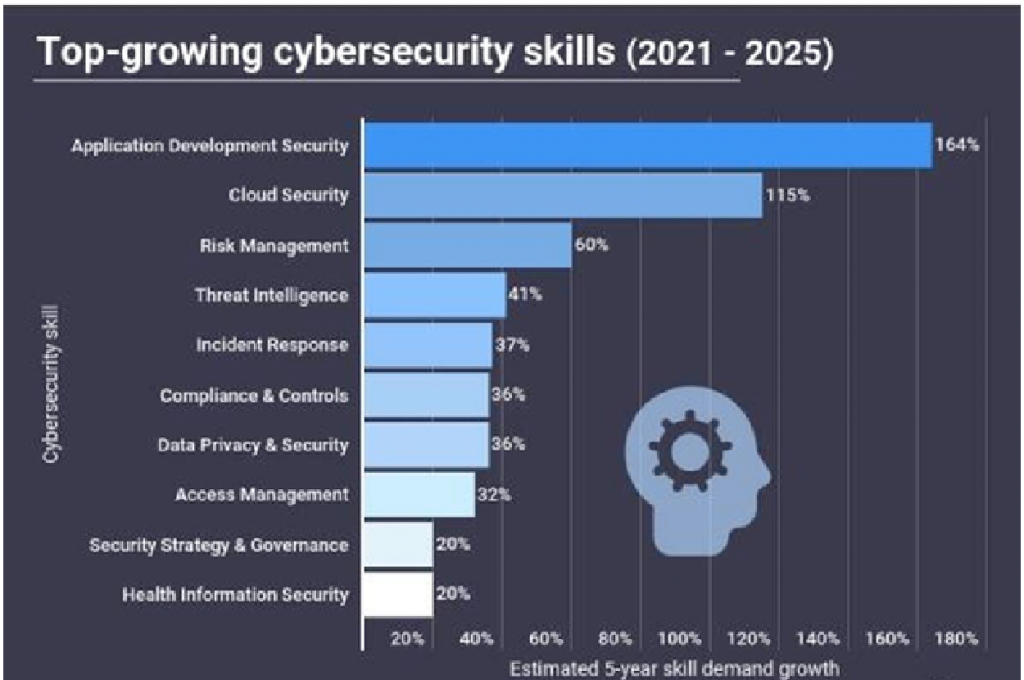Table of Contents
Overview
The digital ecosystem has grown exponentially in the last few years. With the move to online and remote working, cyber skills have grown in demand due to the pandemic.
The Cyber Problem
India has been a victim of cyber-attacks in the last few years. Why is this so?
This is because India is facing an acute shortage of skilled cyber professionals. A look at some data substantiates this glaring gap.
♦ The Data Security Council of India last year stated that India needs about 1 million cyber skilled professionals.
♦ A PwC study highlighted that cyberattacks on Indian companies shot up by 117 per cent in 2019
♦ Another estimate mentions that India’s shortage of cybersecurity workforce is 9 per cent higher than the global average.
Considering that India is home to some of the world’s leading IT companies and provides technology solutions to global firms, this shortage is unwarranted and an unfavourable situation. There is an impending need to address the problem and work towards decreasing the gap.
KEY CONSIDERATIONS
♦ More and more companies are transitioning to working remotely and digitally.
♦ Companies are prone to cyber-attacks in this scenario.
♦ Security technicians’ require commensurate relevant tech skills to protect data and information.
Opportunities for Cyber Skilled Professionals:
As the working landscape and momentum gearing towards digital applications, there is a heightened need for skilled cyber professionals.
Some of the highly required skill sets are listed below.
Application Development Security skills
Application Development Security Skills requires proficiency and the ability to sense threat vectors in applications and avoid security attacks and illegal access.
Cloud Security skills
Cloud security, or cloud computing security as it is referred to, is a set of procedures, rules and technologies that synergy together to safeguard cloud-based systems, data, and infrastructure. As these are not stored on company servers, users pay for these services on a need basis.
It is estimated that the demand for Cloud Security services will probably exceed $12 Billion by 2025.

Risk Management skills
Risk Management skills are required to detect and mitigate cybersecurity threats that can adversely affect business operations. This skill set requires a careful evaluation and application of resources to forecast and minimise risk in case of an attack.
Threat intelligence skills
Cyber Threat Intel analysts monitor and evaluate external data threat and produce feeds and reports to help safeguard organisations against cyber threats.
A cyber threat Intel analyst converts knowledge, intelligence and analysis into a cyber-defence weapon.

Incident Response skills
Incident response management skills help prepare for any probable events that may cause harm and loss to a company. The skill sets include the ability to deduce and identify factors and create a solution to counter cyber-attacks.
Perimeter Security skills
Cybersecurity personnel should know how to use firewall protection to block any unauthorised access into an organisation’s network system.
Conclusion:
The Cybersecurity domain is an evolving one, and it demands a continuous upskilling of personnel through training and development. Cybersecurity professionals should update their knowledge continuously through modules and real-time learnings to effectively tackle the menace of cyber-attacks.



